TARGET
Setting the R&D agenda and
developing basic technologies for
realising the vision
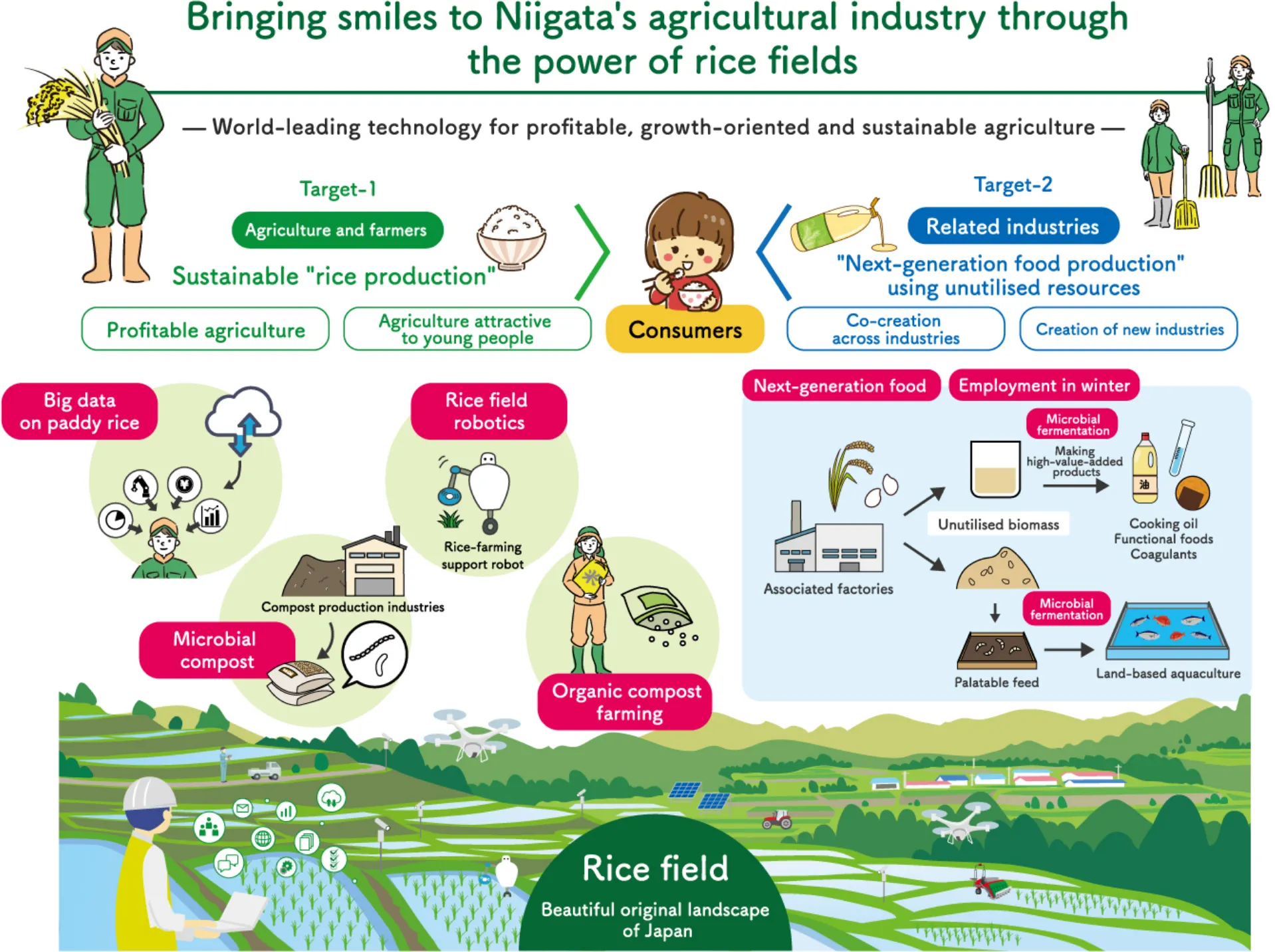
Agriculture and farmers

Soil preparation by masters:
Passing on the skills to the next generation

Collecting big data from farm fields
- Digitisation of the agro-ecosystem of rice cultivation.

Plant-Microbe Symbiosis Research and Development Team
Team Leader
Yasunori Ichihashi
International efforts such as TCFD and the TNFD* are about to significantly change industrial structure. In this changing scenario, I was looking for a place to make meaningful contributions as a researcher and I found the placed here.
This is the most exciting place in Japan, with Professor Ogasawara and the distinguished members of his team working towards a greater purpose.
I hope to find new and exciting science in Nagaoka, the center of Japanese soul food.
*TCFD: Task Force on Climate-related Financial Disclosures
*TNFD: Task force on Nature-related Financial Disclosure
Soil preparation by masters:
Microbial compost

Microbial compost development
- Developing microbial composts
- Establishment of tailor-made pest control technology
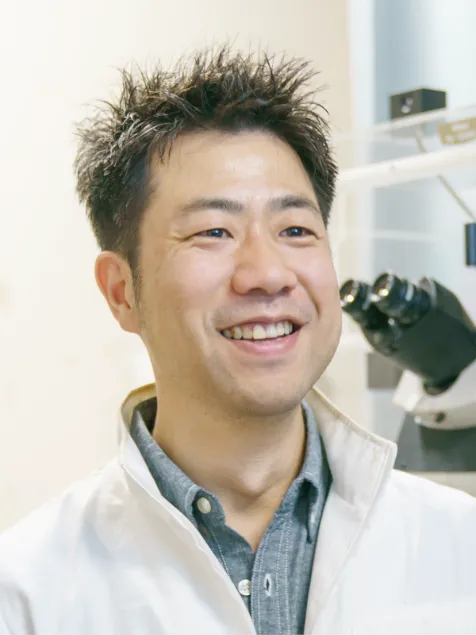
Department of Materials Science and Bioengineering,
Nagaoka University of Technology
Yousuke Shida
In Task 2, we will utilise the big data on paddy rice cultivation to be generated through Task 1 to develop an optimal microbial compost for paddy rice cultivation. We will focus on the microbial communities in paddy fields under both organic and conventional cultivation systems. To “return what is produced in paddy fields to paddy fields,” this microbial composting project utilises unused bioresources discharged in the region (especially those derived from rice cultivation and the rice food industry) as waste materials. It adapts the technology that the university has developed for the activation of microbial communities in the soil. By combining the technologies of our university and partner institutions, we will promote research and development to establish environmentally conscious and resource-recycling agricultural practices.
Reducing labour for organic farming

Rice cultivation support robot:
Connecting consumers and farmers
- Development of autonomous support robots
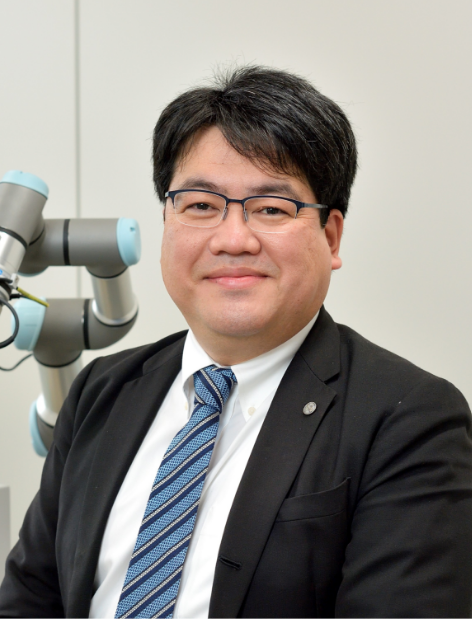
Nagaoka University of Technology
Tadachika Nakayama
We learnt from farmers about the difficulties they face with weeding and other farming activities. Although sophisticated agricultural machinery is available, it is expensive and difficult to acquire for small- and medium-scale farmers.
Our university has developed various products through joint research with companies using their manufacturing technology. In addition, many talented students who have previous experience in building robots for competitions are also enrolled in our university. Through reduction of workload of farming and utilisation of information technology, we hope to work with farmers and urban citizens to come up with a new way of rice cultivation.
Related industries

Fermented cooking oil production centres
Entry into the biotech market

Development of high value-added products through microbial fermentation
- Fermentation production of valuable products from unutilised resources
- Search for useful microorganisms
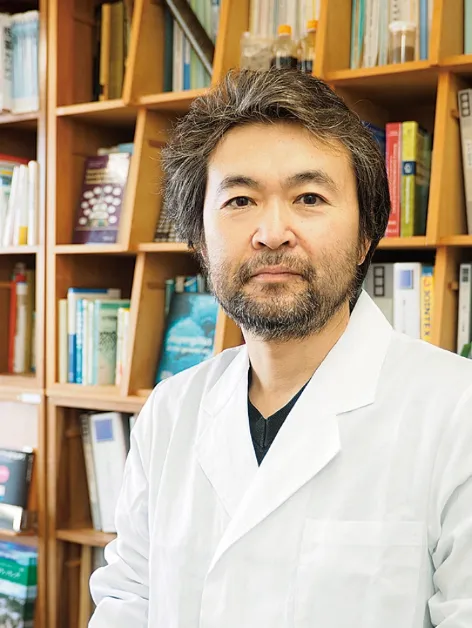
Nagaoka University of Technology
Wataru Ogasawara
It is said that millions of microorganism species exist in the world, but less than 1% of them can be cultured. Our laboratory has world-class technology to screen beneficial microorganisms among the millions of microorganisms that exist around us. The Niigata region is famous for its well-developed fermentation industries, such as soy sauce and sake. We hope to create a new sector in Niigata where microorganisms are utilised to convert previously discarded wastes, such as wastewater from rice washing and rice husks, into valuable products.
Creating employment in winter
Creating new industries from local resources

Development of resource recycling-oriented, land-based aquaculture technology
- Development of palatable feed
- Production of feed from unutilised resources
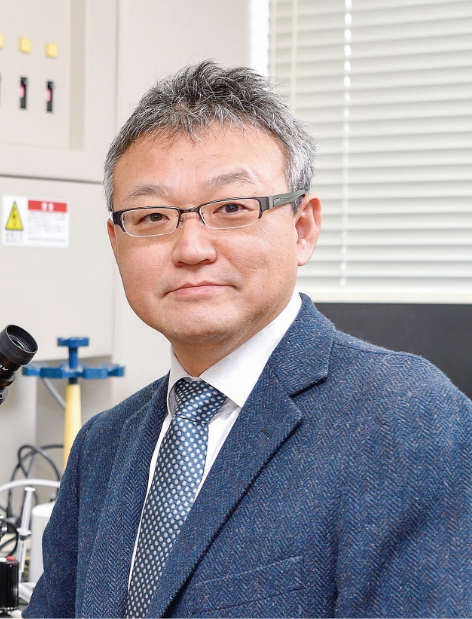
Nagaoka University of Technology
Takashi Yamaguchi
There is concern about a looming food crisis due to global population growth and abnormal weather conditions. In this context, land-based aquaculture technology is attracting a lot of attention recently. One of the challenges in land-based aquaculture is securing feed for farmed fish. Efficient utilisation of unused local resources to generate palatable feed will allow for stable and cheap production of farmed fish. Through this project, we aim to realise a resource-recycling, land-based aquaculture technology, while engaging in dialogue with various people, including high school students, technical college students, and university students.


